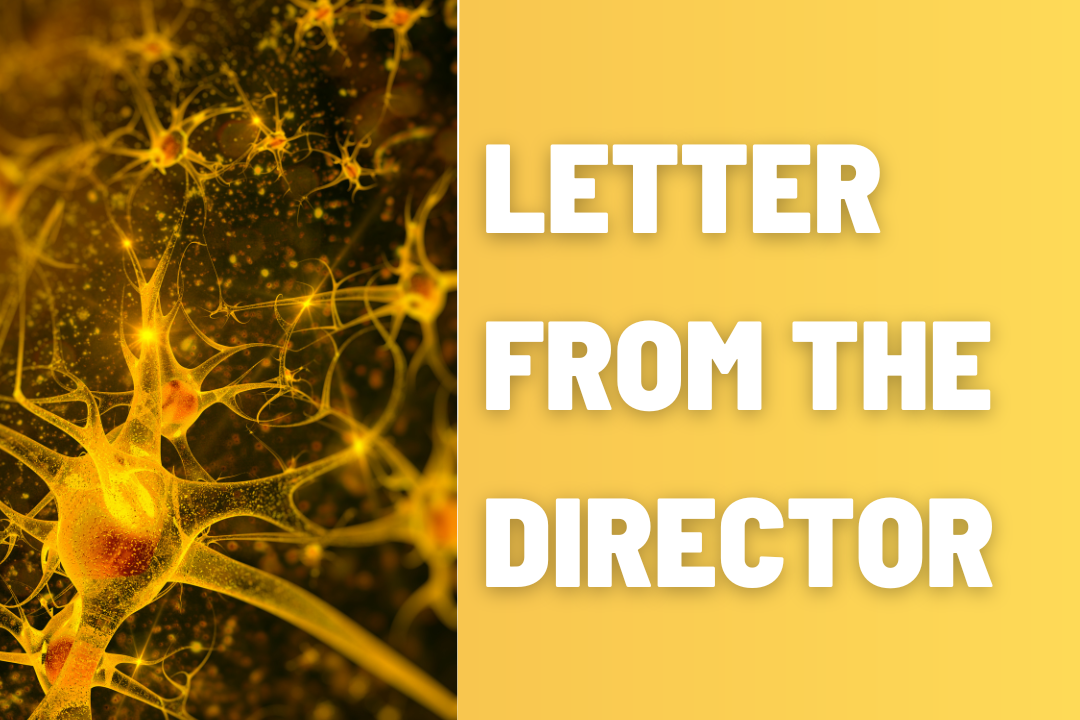Energy intake that exceeds energy expenditure is associated with weight gain, but whether different foods make a differential contribution to obesity remains uncertain. In particular, little is known about how the brain’s physiological responses to food consumption contribute to overeating or obesity.
Researchers from Amsterdam University Medical Center and the Yale University School of Medicine enrolled 30 individuals with a healthy body weight (BMI ≤ 25 kg/m2) and 30 individuals with obesity (BMI ≥ 30 kg/m2) to address the question of how post-ingestion nutrient signals in the brain differ between people with and without obesity. The investigators assessed the effects of 500 kcal of glucose, lipid, and water intragastric infusions on cerebral activity and striatal dopamine release to determine if participants with obesity had impaired responses to nutrients. Participants underwent forty minutes of fMRI imaging after receiving separate infusions of glucose and lipids. Infusions were delivered via nasogastric tube to avoid other sensory influences such as taste or smell on brain response.
The results indicated that post-ingestive brain activity was decreased in individuals with obesity compared to those at a healthy weight. In lean participants, both glucose and lipid infusions resulted in post-ingestive effects on brain activity. In participants with obesity, there was a comparatively prolonged response to lipid infusions, and whole-brain analyses found no significant nutrient-induced changes in brain signaling. The lack of signal response may result in delayed meal termination and therefore higher calorie consumption. The study also looked at striatal dopamine release, which is the neurotransmitter that controls the rewarding aspect of food intake. Infusion of glucose resulted in striatal dopamine release in both groups; however, infusion of lipids resulted in dopamine release only in lean participants.
To understand if weight loss would restore brain responses to nutrient ingestion, the participants with obesity underwent a 12-week intensive diet program to lose 10% of their body weight and were then retested. No significant changes in the brain’s physiological response to the nutrient infusions occurred after weight loss. The investigators speculate that the lack of restoration of altered brain signaling could contribute to the high rates of weight regain that people with obesity often experience after diet-related weight loss. Further research is needed to understand if weight loss over a longer period of time can correct the altered response to nutrients or if other weight loss interventions result in different outcomes.
The authors concluded that their findings support three key hypotheses: glucose and lipid infusions affect brain regions that regulate eating behavior through post-ingestive signals; impaired signaling may contribute to eating behaviors and obesity; and the lack of restoration after weight loss may contribute to weight regain after dietary interventions.
This study overall highlights the need for a deeper understanding of the physiological drivers of obesity. When treating patients with obesity, providers should remember that obesity is a chronic disease with invisible drivers and requires a nuanced treatment approach that goes beyond encouraging lifestyle and eating behavior changes.
Although the findings of this study are provocative, it is not clear whether the post-ingestive responses preceded the development of obesity or whether they were a consequence of obesity. The persistence of the post-ingestive findings after weight loss does not exclude this possibility.


